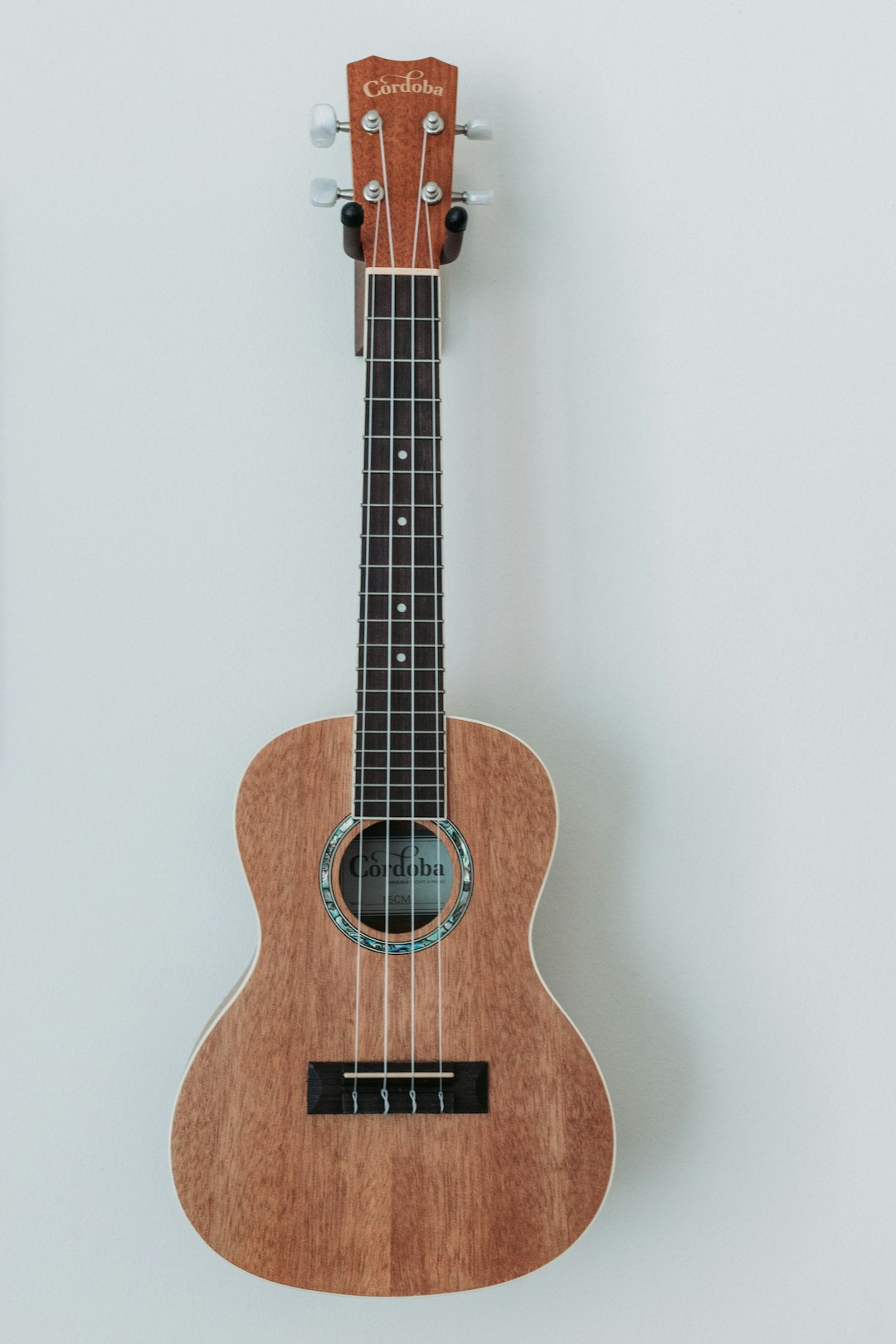Do I Need to Learn Music Theory to Play the Guitar?
NewsThe guitar is an instrument traditionally taught from person to person (by oral instruction), so it is not necessary to learn scales and notes, or read sheet music to play it. As a comparison, imagine that a child needs to learn grammar before being able to speak. Of course, this doesn’t happen as such. For the guitar, it is exactly the same!
Playing the Guitar: Yes, but Playing with Who, and What, Why, When and Where?
The beauty of this instrument is its accessibility as well as the process of learning it with grace and ease. Indeed, it is possible to take pleasure in playing simple things rather quickly. Once you have learned the first chords, you will already be able to play hundreds if not thousands of songs. Accompany yourself while singing or just play instrumental music, or form a band with your friends, family or acquaintances, find different venues in which to play, and from there just watch while you make your audience beam with happiness.
Accompaniment Guitar
The accompaniment guitar is probably the most common entry point for the beginner musician. Very often the beginner wishes to accompany himself on guitar while singing or play music with other vocalists. What is a better “icebreaker” than to perform popular songs with your friends somewhere while at the same time animating parties with these songs sung by you and your friends, for example.
As we mentioned earlier, learning the accompaniment guitar can be very fast, indeed, and with very few chords it is already possible to play thousands of songs. Knowing only 5 chords and 3 rhythms, it is possible to play for hours while captivating your audience. For pop/rock songs, this step is very accessible. However, if you want to get into other kinds of music, like Flamenco for example, the learning curve could be more challenging for some players, so finding a guitar teacher specialized in exotic styles is advisable. Do some diligent research on instructors to eventually find the perfect person to teach you what you need to learn. Don’t give up on this because it could prevent you from growing and evolving as a musician.
Lead Guitar
Who hasn’t dreamed of wanting to play a Mark Knopfler or Brian May solo? Raise your hand!To learn to play solos and melodies, you will have to work hard, unless you are a genius with an absolute ear for music! And, this is rarely the case, unfortunately. Ideally, learn the scales to understand and familiarize yourself well with the instrument. Don't panic, on the guitar, learning scales does not necessarily mean learning complex music theory. When learning these scales, the great advantage on guitar is that everything can be learned easily with repeated geometrical shapes!
As soon as you master certain movements on the neck of the guitar, it will be enough to shift your hand to move in another octave or key. It is a very widespread way of learning, one of many methods, however, it nevertheless requires ample regular practice.A teacher and other guitarists will also be able to show you "licks." These are patterns made by your left hand (if you are right-handed), and which create very nice stylistic musical ideas, melodies, patterns and effects. All this is learned through regular practice and sharing with other musicians. Little by little, you will discover that you are creating muscle memory and that your technical "dictionary" in your fingers is growing. Each “word” in the dictionary will allow you to compose more and more complex phrases, and to improvise solos on backing tracks, songs, or when accompanying other musicians! Once you master muscle memory, this will then give you leeway to focus on playing and improving your emotional expression, adding feeling, whatever that feeling and/or emotion you wish to express at any given moment in a song.
Music Theory
In summary: Is it necessary to learn music theory to play guitar? The short answer is no, playing fun, relatively easy music has so many rewards in itself. You can truly find creative depth expressing yourself in your performances whether alone in your bedroom or playing a short set of pop music in a cafe. However, if you decide to have a deeper understanding and profound feeling for creative musical expression, or if you wish to really follow and expertly play any style of music, especially bebop, bossa nova and other jazz styles or classical pieces, music theory is strongly recommended as soon as you surpass a certain degree of technical competence and you wish to reach higher levels of musicianship and creativity so you will have no blockages or inhibitions to participate in musical exchanges with other musicians.
Written by patrox
on 2022-03-24 09:35:31
Keep reading



The Guitar: One of the Major Figures in the Iconography of Pablo Picasso
The Guitar: One of the Major Figures in the Iconography of Pablo Picasso







